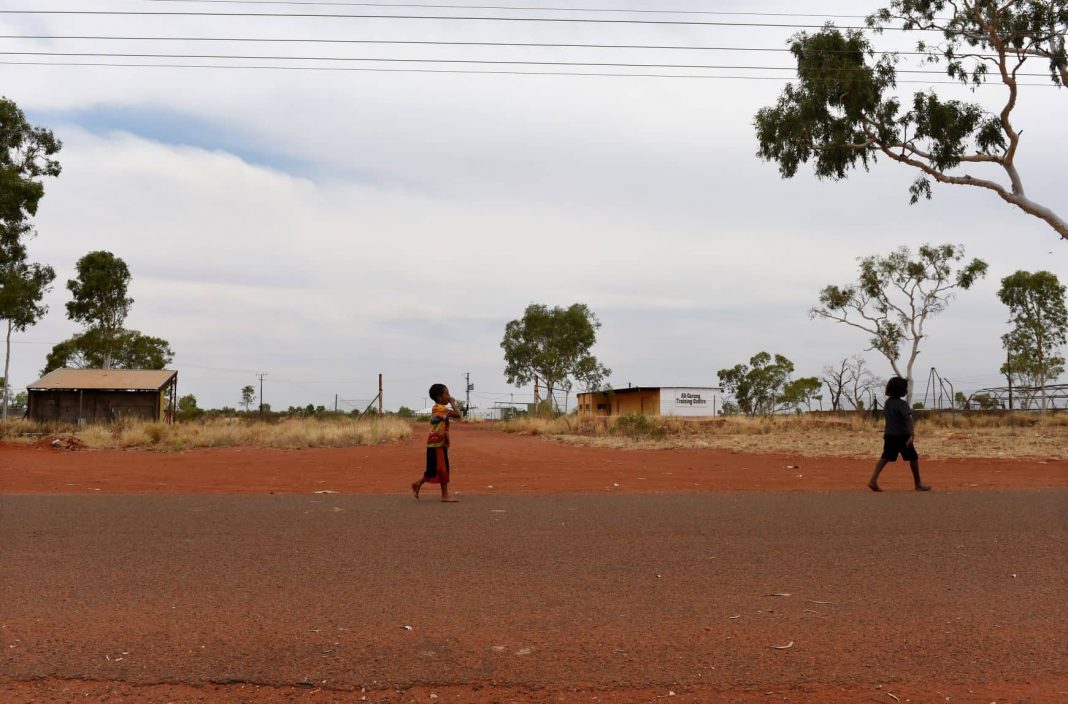NDIS services are “thin on the ground” in remote Australia and First Nations people continue to experience disability at significantly higher rates, a Royal Commission has been told.
Just under 45 per cent of NDIS plans are “under-utilised” in remote and very remote locations, the Northern Territory Disability Advocacy Collective told the Disability Royal Commission.
It was one of more than 20 responses to the inquiry’s First Nations issues paper detailed in summary report published on Tuesday.
More than half referenced the National Disability Insurance Scheme, raising concerns including complex application processes, inadequate funding for remote service delivery and an overall lack of cultural capability.
“Services are thin on the ground or non-existent in remote and very remote communities”, the Northern Territory Office of the Public Guardian told the commission in it’s response.
Limited services in rural and remote areas sometimes meant a choice between a single provider or “no service at all”, National Disability Services said.
“In many remote areas, a single service provider may be responsible for a range of different services and supports; meals-on-wheels, night patrol, aged care services, after school program and disability support services,” it said.
Organisations also highlighted the rate at which First Nations people experience disability, with Vision Australia reporting blindness and vision loss was experienced at more than three times the rate of other Australians.
First Nations Children are twice as likely to experience disability compared with non-First Nations children, Queensland Aboriginal and Torres Strait Islander Child Protection Peak said.
The “continuous inquiry loop” that produced recommendations routinely ignored by governments was also leading to fatigue among First Nations people, the inquiry was told.
“Successive governments have failed to act on the recommendations from numerous reports, inquiries and royal commissions,” the UAICC said.
The Disability Royal Commission released the First Nations issue paper in July last year.
AAP
Read more:



